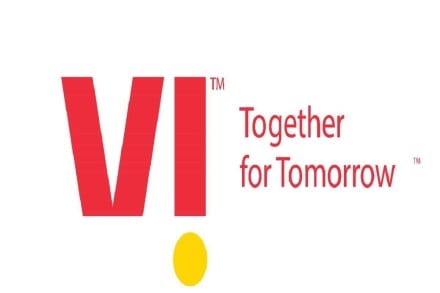Vodafone Idea, which is struggling financially and has sought the government’s support, is hopeful that the latter will respond favourably and help the telecom sector tide over the ongoing crisis.
“As the industry continues to remain under unsustainable financial duress, your company is hopeful that the government will provide the necessary support to address all structural issues faced by the sector,” VIL chairman Himanshu Kapania said in a letter to shareholders.
Kapania, who took over as the company’s chairman after the resignation of Aditya Birla group chairman Kumar Mangalam Birla from VIL’s board in August, also expressed hope that such support will help the telco generate returns on the “massive” investments it had made.
Talking about FY21, a year ravaged by the Covid-19 pandemic, Kapania said the operating environment was challenging due to unsustainable pricing and hyper-competition in the sector.
Vodafone Idea has sought the government’s support in the areas of AGR (adjusted gross revenue) liability, adequate moratorium on spectrum payments, and most importantly, a floor pricing regime above the cost of services. In a June 7 letter to the Cabinet secretary, Birla had said, “In the absence of definitive steps in this regard, the potential investors have understandable hesitation to invest.”
The company plans to raise up to Rs 25,000 crore from investors, but has not been able to do so till date.
The total AGR dues of Vodafone Idea stand at `58,254 crore, of which it has paid Rs 7,854 crore so far. As per the deferred instalment scheme approved by the Supreme Court, its payment cycle would run till 2031 with the 10% amount to be paid by March 31 every year.
A review petition filed by the company in response to the SC’s dismissal of its plea to rectify arithmetical errors in the calculation of its AGR dues is currently pending, Kapania said in the letter. The company’s self-assessed amount with regard to AGR dues is Rs 21,533 crore.
Of Vodafone Idea’s net debt of Rs 1.8 lakh crore, government dues in the form of deferred spectrum payment (`96,300 crore) and AGR dues (Rs 61,000 crore) come to around Rs 1.57 lakh crore.
On the company’s cost optimisation exercise undertaken earlier to achieve Rs 4,000 crore of annualised savings, Kapania said it had achieved 65% on a run-rate basis as of FY21 end.
He further said VIL will continue to focus on increasing 4G penetration to improve its average revenue per user and would continue focusing on Internet of Things and cloud services.
